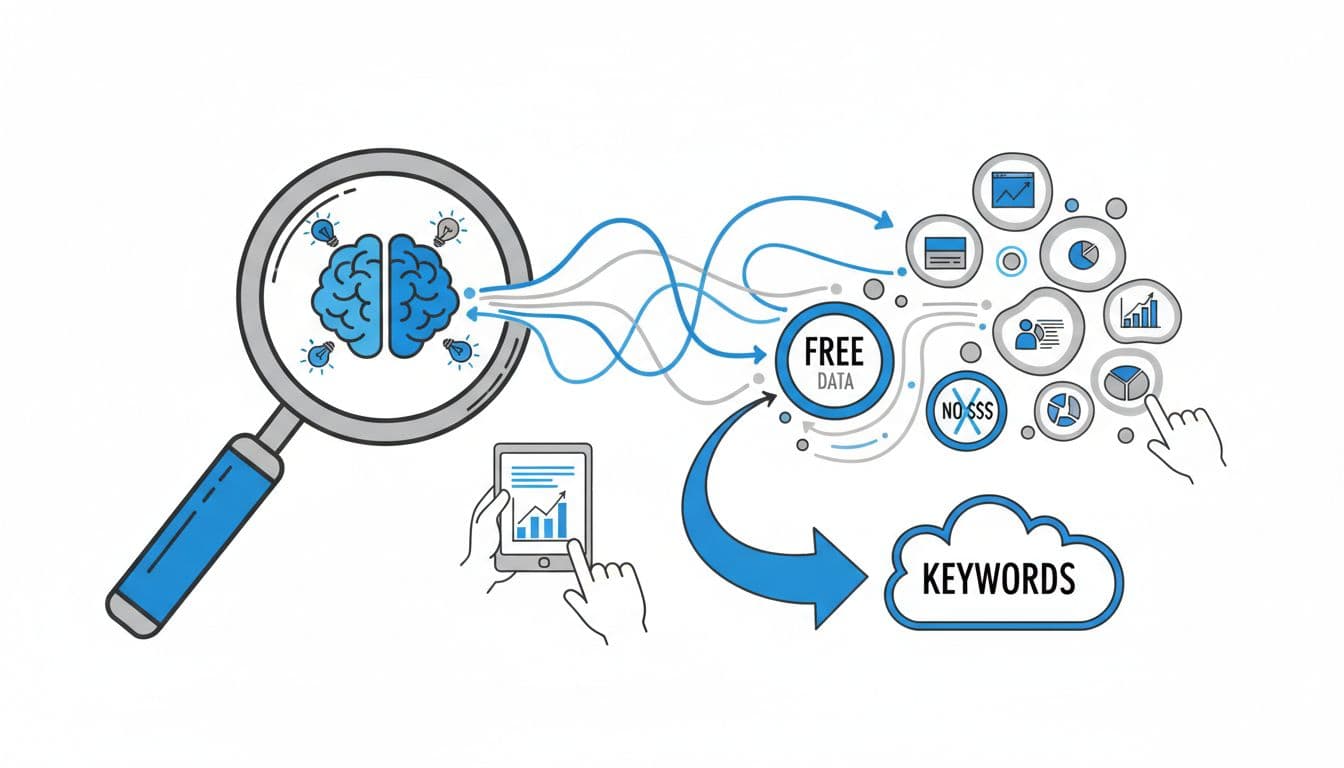Unclaimed assets—whether bank accounts, insurance payouts, retirement funds, stocks, or digital assets—often remain untouched for a variety of reasons. You might wonder, with so many people in need worldwide, why would these assets be left unclaimed?
1. Lack of Awareness
Many people simply forget about certain assets, like old savings accounts or investments, especially if they were acquired a long time ago. Over time, these assets often slip through the cracks, unnoticed by both the owners and their heirs, overshadowed by the everyday tasks and necessities of life.
2. Poor Record-Keeping
Disorganized or outdated records can make it tough for beneficiaries to track down and claim assets after a loved one passes away. Proper cataloging is often overlooked, leading to missed inheritances and lost access.
Most people understand the importance of keeping track of their wealth—big or small—but need an easy and reliable way to record and organize their assets—both physical and digital—all in one place. Without a simple solution, even well-intentioned efforts to pass down assets can fall short, leaving loved ones in the dark when they need access the most.
3. Failure to Inform Beneficiaries
In many cases, people don’t feel comfortable having conversations with their family members about sensitive topics like what happens after death, including inheritance and the assets they own. As a result, loved ones are often left in the dark, unsure of what assets are available or how to access them.
4. Death Without Proper Legacy Planning
Dying without a will or a clear estate plan can lead to assets being stuck in legal limbo. The rise of digital assets makes this even more complicated, as many people fail to include online accounts, cryptocurrencies, or other digital assets in their legacy plans.
In the U.S., the Revised Uniform Fiduciary Access to Digital Assets Act (RUFADAA) provides a legal framework for heirs to access digital assets after death, but without proper documentation or instructions, beneficiaries may still face significant challenges in navigating this process. Planning for digital inheritance is crucial to ensure that these assets are properly passed on and not lost in the complex world of digital rights and access.
5. Inadequate Communication with Financial Institutions
Changing addresses, phone numbers, or even banks without updating account records can lead to assets being classified as dormant. Financial institutions lose contact with the owners, and the assets go unclaimed.
6. Complex Legal and Bureaucratic Processes
The process of claiming an inheritance can be slow and daunting, especially with complicated laws that differ across regions. This can discourage beneficiaries from pursuing assets, especially if the legal or financial costs seem too high.
7. Name or Address Changes
Beneficiaries who have changed their names (e.g., after marriage) or moved frequently can be difficult to trace, making it harder for institutions to connect assets with their rightful owners. This issue is particularly common with traditional assets, such as bank accounts or investments. With digital assets, the challenge is even greater due to the lack of centralized systems and the complexity of tracking these assets across multiple platforms.
8. International Challenges
Assets held across borders add another layer of complexity. Different legal systems, language barriers, and bureaucracy can make it difficult for heirs to claim what’s rightfully theirs.
9. Digital Assets
With the rise of cryptocurrencies and other digital assets, unclaimed wealth is becoming a bigger issue. Many people don’t have a plan in place for their online accounts or digital wallets, making it hard for loved ones to access them after they’re gone.
10. Lack of Centralized Asset Tracking
There is no centralized system that tracks all of a person’s assets in one place, especially as individuals may have accounts, investments, and properties scattered across different institutions and locations.
Over the past few decades, the way we hold and manage assets has undergone a dramatic transformation, leading to a growing number of unclaimed assets worldwide. These assets, which include everything from bank accounts and insurance payouts to retirement funds and digital assets like cryptocurrencies, often go unclaimed for various reasons.
Fifty years ago, managing assets was simpler. Most people owned just 2-3 types of assets—like a home, savings, or a pension—which were usually physical, making them easier for heirs to track and claim. These assets were almost always held within one country, and complex portfolios were typically reserved for high-net-worth individuals (HNWIs). In that world, passing down wealth was a more straightforward process.
Today’s world tells a different story. There has been an explosion in both the number and types of assets people own. From digital investments to cryptocurrencies, most assets now have a digital footprint or exist entirely online, making them harder to manage and trace. These assets are often held across multiple countries, adding layers of complexity and legal hurdles for heirs. And it’s not just the wealthy holding complex portfolios anymore—middle-class individuals now own a diverse range of assets that require careful management.
This shift from simple, physical assets to dynamic, digital ones has complicated inheritance and asset management, contributing to a rise in unclaimed assets globally.
Legacy planning services like DGLegacy are designed to tackle these problems by helping users securely organize their assets and ensuring their beneficiaries are informed when it matters most. Our platform bridges the gap between your digital assets and your loved ones, reducing the risk of assets going unclaimed.
Publisher: Source link











